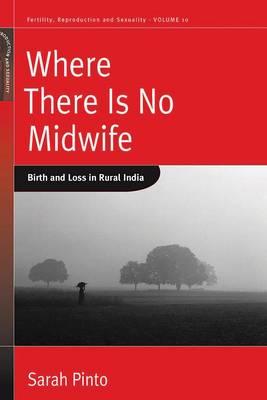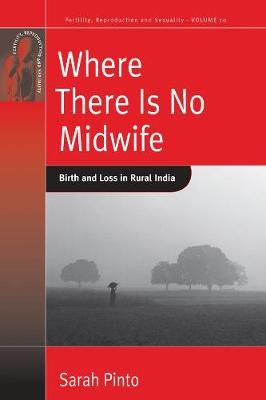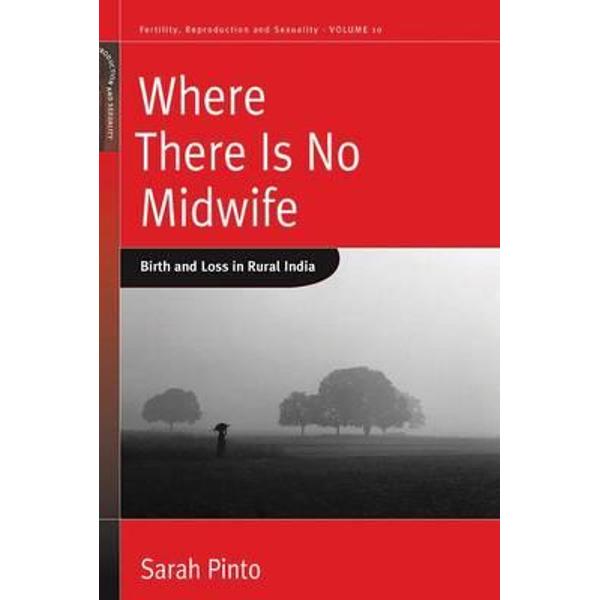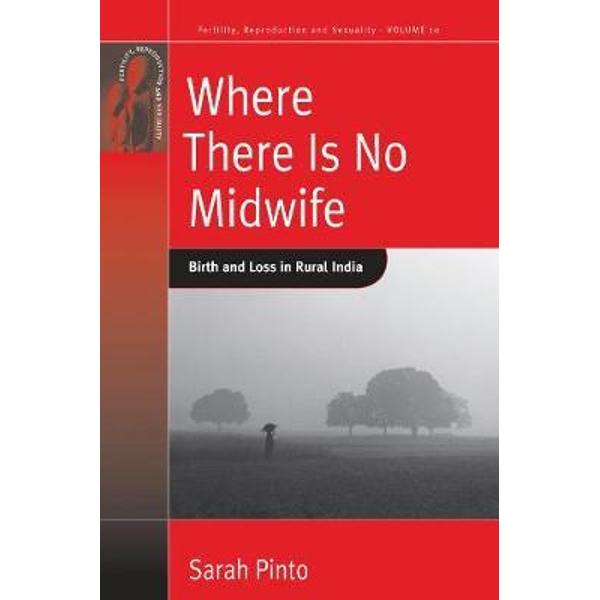Where There Is No Midwife
Where There Is No Midwife
The author has produced an insightful work enriched with detailed ethnographic descriptions, intense case studies, and nuanced personal reflections on her fieldwork and the production of ethnographic knowledge. Anthropos In the Sitapurdistrict of Uttar Pradesh, an agricultural region with high rates of infant mortality, maternal health services are poor while family planning efforts are intensive. By following the daily lives of women in this setting, the author considers the women's own experiences of birth and infant death, their ways of making-do, and the hierarchies they create and contend with. This book develops an approach to the care that focuses on emotion, domestic spaces, illicit and extra-institutional biomedicine, and household and neighborly relations that these women are able to access. It shows that, as part of the concatenation of affect and access, globalized moralities about reproduction are dependent on ambiguous ideas about caste. Through the unfolding of birth and death, a new vision of "untouchability" emerges that is integral to visions of progress. Sarah Pinto is an Associate Professor of Anthropology at Tufts University.
She teaches courses on medical anthropology, gender, and feminist and social theory, with particular attention to cultures of biomedicine, kinship,
PRP: 221.74 Lei
Acesta este Pretul Recomandat de Producator. Pretul de vanzare al produsului este afisat mai jos.
199.57Lei
199.57Lei
221.74 LeiIndisponibil
Descrierea produsului
The author has produced an insightful work enriched with detailed ethnographic descriptions, intense case studies, and nuanced personal reflections on her fieldwork and the production of ethnographic knowledge. Anthropos In the Sitapurdistrict of Uttar Pradesh, an agricultural region with high rates of infant mortality, maternal health services are poor while family planning efforts are intensive. By following the daily lives of women in this setting, the author considers the women's own experiences of birth and infant death, their ways of making-do, and the hierarchies they create and contend with. This book develops an approach to the care that focuses on emotion, domestic spaces, illicit and extra-institutional biomedicine, and household and neighborly relations that these women are able to access. It shows that, as part of the concatenation of affect and access, globalized moralities about reproduction are dependent on ambiguous ideas about caste. Through the unfolding of birth and death, a new vision of "untouchability" emerges that is integral to visions of progress. Sarah Pinto is an Associate Professor of Anthropology at Tufts University.
She teaches courses on medical anthropology, gender, and feminist and social theory, with particular attention to cultures of biomedicine, kinship,
Detaliile produsului












